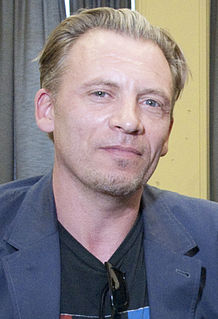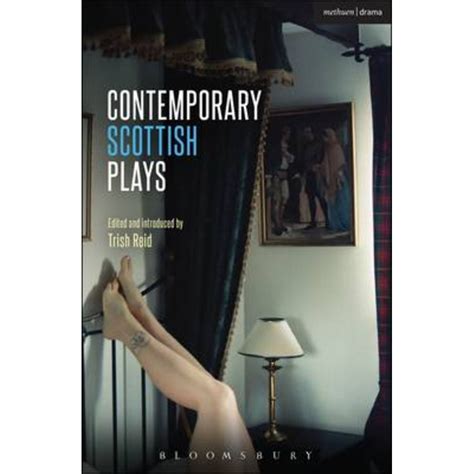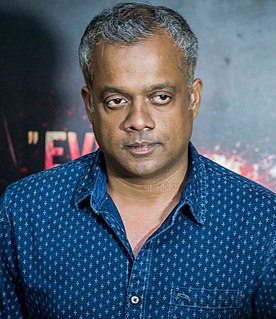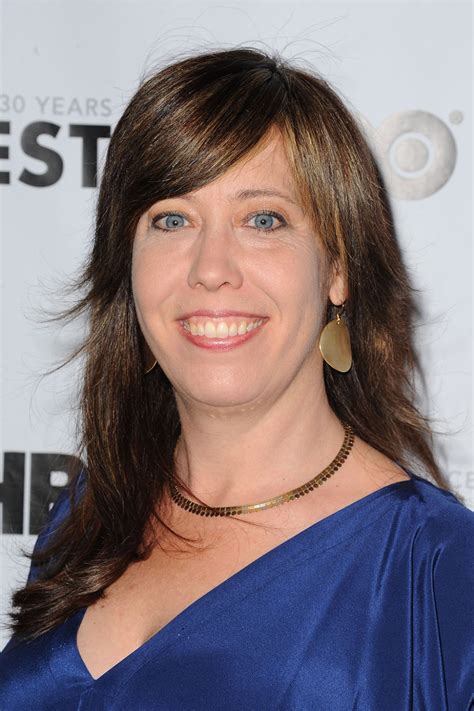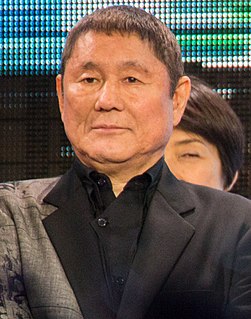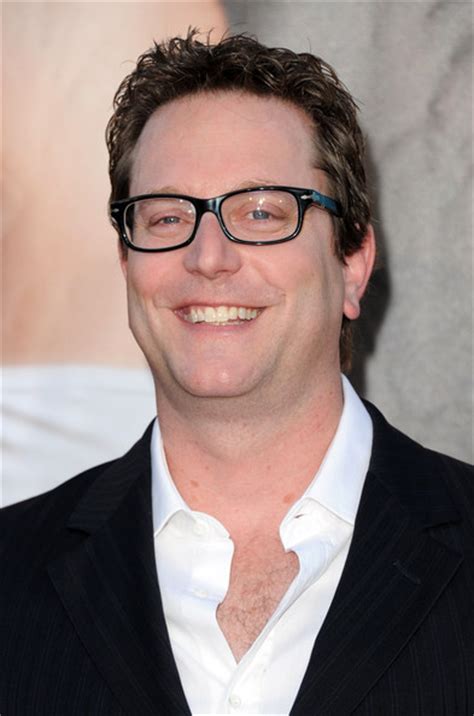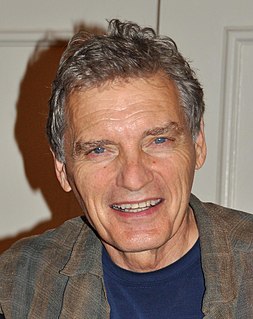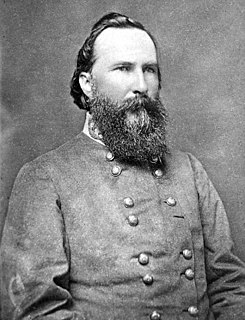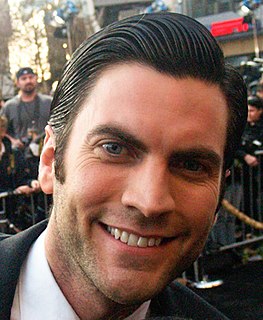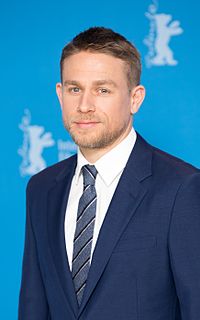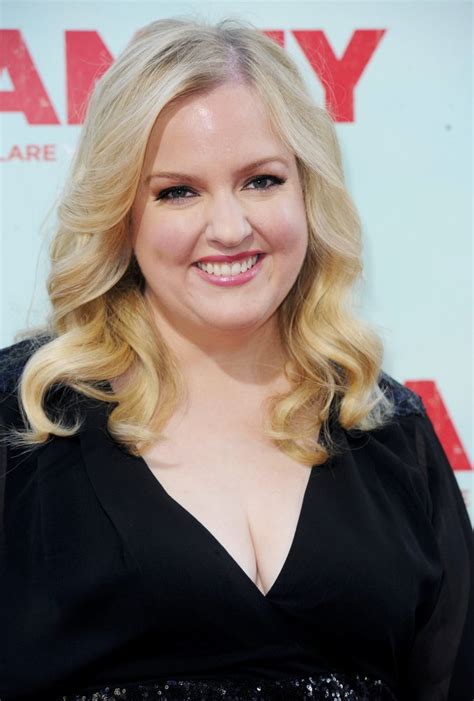A Quote by Callum Keith Rennie
The less lines, the better. I am the silent film actor, but not in a slapstick sort of way. Film is an image-based medium, so whatever you can say without the words is far more provocative and punctuating. If the lines are not funny or if they don't advance the story, sometimes it's hard. I hate talk in movies.
Related Quotes
Sometimes actors don't remember their lines. At its worst, this means they 'dry' and silence descends. More commonly, the original lines are paraphrased in some alarming way. It's hard to say which is more painful for the author. Less serious, but quite irritating is to hear the word 'Well' inserted at the beginning of speeches.
[In comedy] you never want to leave the actors hanging out to dry. So you need to come up with funny individual stories for each character, and then you do this sort of comedy geometry, weaving them together. Once you've got a funny structure and you know why the scenes are funny, then you get super funny people to say your own lines, say their own lines, say things in their own way, and every scene is a live rewrite in front of the camera.
I believe you shouldn't force the audience's interpretation of a character or a story. The more you explain things, the less intriguing and imaginable they are for viewers. . . . Film to me, in its essence, in its ultimate nature, is silent. Music and dialogue are there to fill what is lacking in the image. But you should be able to tell the story with moving pictures alone. For my next project, though, I'd like to make the kind of film where the characters blabber all the time.
I believe that movies are fast becoming antique and dinosauric as a medium. Film is a medium for the over-40s and television has gone the same way. If you're going to look towards the new generation, then of course you're going to have to be a lot more random, spontaneous, irreverent and provocative with your programming.
I bristle a little when the argument for film gets put into the nostalgia ghetto. Film is still the highest quality and best-looking image capture medium available. I don't think it always will be. The digital image will get better, and it will eventually surpass the quality of the film image, but it isn't there yet.
I think if a writer is not endeavoring to expand and alter consciousness in himself and in his readers, he is not doing much of anything. It is precisely words, word lines, lines of words and images, and associations connected with these word and image lines in the brain, that keep you in present time, right where you are sitting now.
People who do not have funny in them are not funny when they read funny lines. Sorry. Just doesn't work that way. Seriously, this is the biggest rule of all. You live and die with your casting decisions. Your actors are the heart and soul of the whole thing. Without brilliant actors, you will not have a brilliant film.
As far as the creative side, the more I do this, the more I know that it's all about the writing. We don't always celebrate that enough, but without the writing, you can't do much. You got on a film sometimes, and it's sort of half-written, and they expect and think that the actor's job is to bring the extra part and the good part. It's not.
